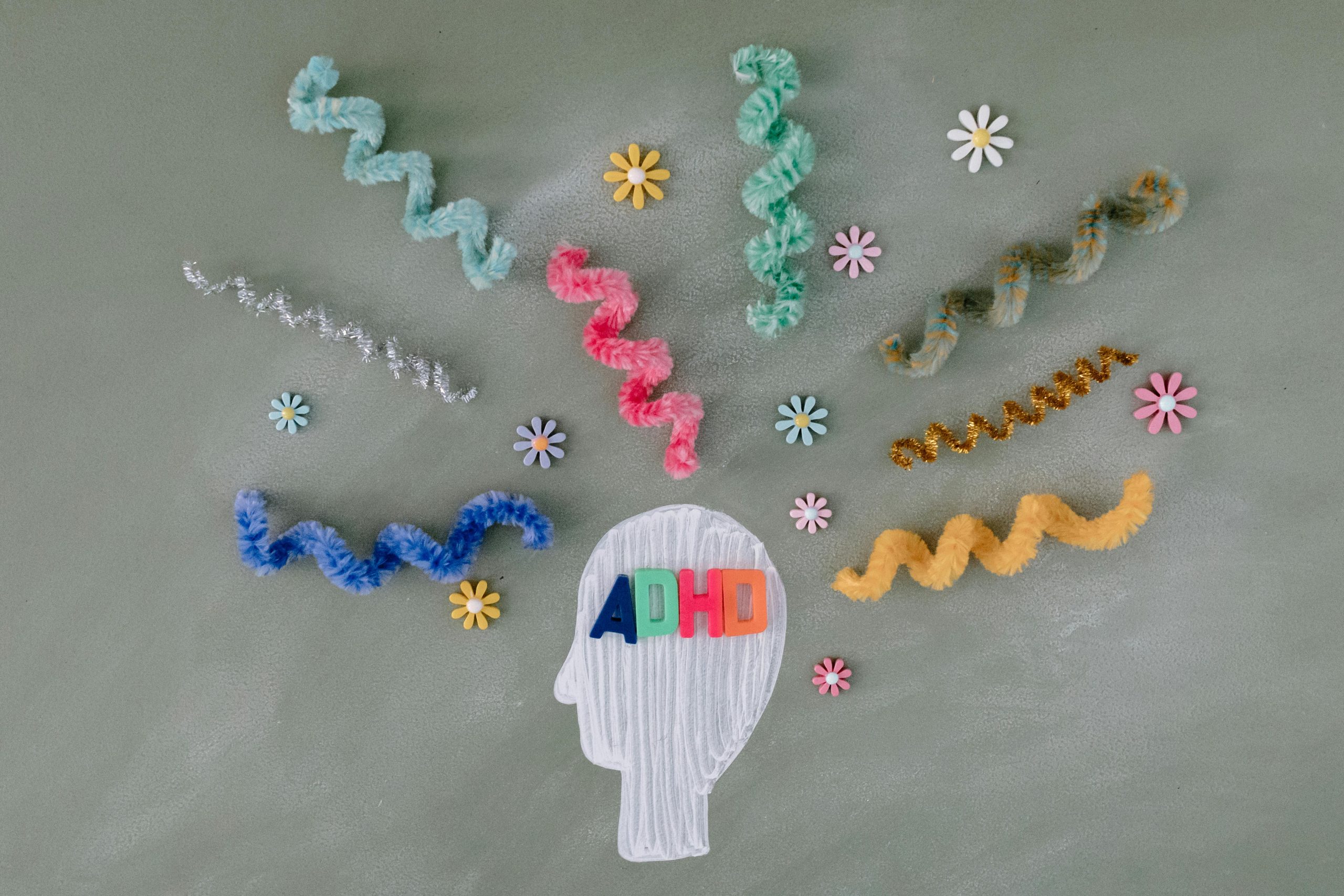
Five Misconceptions About ADHD You Should Know
Understanding the Truth Behind ADHD
Attention Deficit Hyperactivity Disorder (ADHD) is a condition that affects millions of people worldwide. Despite its prevalence, there are many misconceptions about ADHD that can lead to misunderstandings and stigma. In this blog post, we will explore five common misconceptions about ADHD and provide accurate information to help you better understand this condition.
Misconception 1: ADHD Is Not a Real Medical Condition
One of the most pervasive myths about ADHD is that it is not a real medical condition. Some people believe that ADHD is simply an excuse for bad behavior or poor parenting. However, ADHD is recognized as a legitimate neurological disorder by major medical organizations, including the American Psychiatric Association (APA) and the World Health Organization (WHO). According to the APA’s Diagnostic and Statistical Manual of Mental Disorders (DSM-5), ADHD is characterized by persistent patterns of inattention, hyperactivity, and impulsivity that interfere with daily functioning and development.
Misconception 2: ADHD Only Affects Children
Another common misconception is that ADHD only affects children and that individuals outgrow it as they age. While ADHD is often diagnosed in childhood, it can persist into adulthood. In fact, research indicates that approximately 60% of children with ADHD continue to experience symptoms as adults (Barkley, 2015). Adult ADHD can manifest differently, with symptoms such as difficulties with time management, organization, and maintaining relationships.
Misconception 3: ADHD Is Caused by Poor Parenting
There is a widespread belief that ADHD is the result of poor parenting or lack of discipline. However, ADHD is a neurodevelopmental disorder with a strong genetic component. Studies have shown that genetics play a significant role in the development of ADHD, with heritability estimates ranging from 70% to 80% (Faraone et al., 2005). While environmental factors can influence the severity of symptoms, they are not the root cause of the disorder.
Misconception 4: Everyone with ADHD Is Hyperactive
Many people associate ADHD with hyperactivity, but this is not always the case. ADHD can present in different ways, and not all individuals with ADHD display hyperactive behavior. The DSM-5 identifies three subtypes of ADHD: predominantly inattentive presentation, predominantly hyperactive-impulsive presentation, and combined presentation. Individuals with the predominantly inattentive presentation may struggle with attention and focus but do not exhibit hyperactive or impulsive behaviors.
Misconception 5: Medication Is the Only Treatment for ADHD
While medication can be an effective treatment for ADHD, it is not the only option. A comprehensive treatment plan for ADHD often includes behavioral therapy, psychoeducation, lifestyle changes, and support from family and educators. Cognitive-behavioral therapy (CBT), for example, has been shown to help individuals with ADHD develop coping strategies and improve executive functioning (Weiss et al., 2012). Medication can be an important part of treatment, but it is most effective when combined with other therapeutic approaches.
Conclusion
Understanding the truth about ADHD is crucial for reducing stigma and providing appropriate support to those affected by the condition. By dispelling these common misconceptions, we can foster a more informed and compassionate perspective on ADHD. If you or someone you know is struggling with ADHD, it is important to seek professional help and explore the various treatment options available.
References
- American Psychiatric Association. (2013). Diagnostic and Statistical Manual of Mental Disorders (DSM-5).
- Barkley, R. A. (2015). Attention-Deficit Hyperactivity Disorder: A Handbook for Diagnosis and Treatment. Guilford Press.
- Faraone, S. V., Perlis, R. H., Doyle, A. E., Smoller, J. W., Goralnick, J. J., Holmgren, M. A., & Sklar, P. (2005). Molecular genetics of attention-deficit/hyperactivity disorder. Biological Psychiatry, 57(11), 1313-1323.
- Weiss, M., Murray, C., Weiss, G., & Faraone, S. V. (2012). The role of cognitive-behavioral therapy in adult ADHD. Current Psychiatry Reports, 14(5), 539-547.



